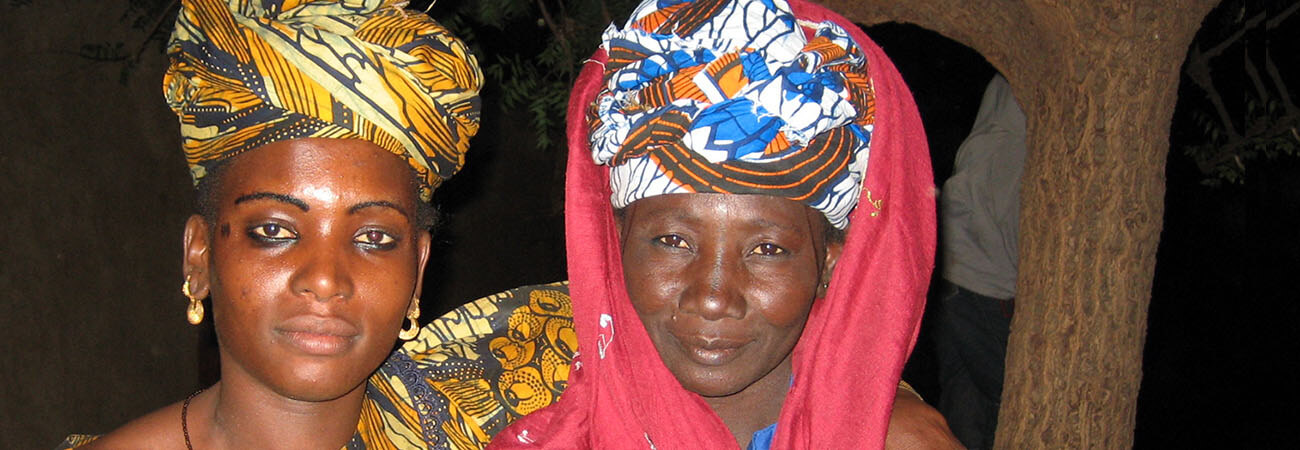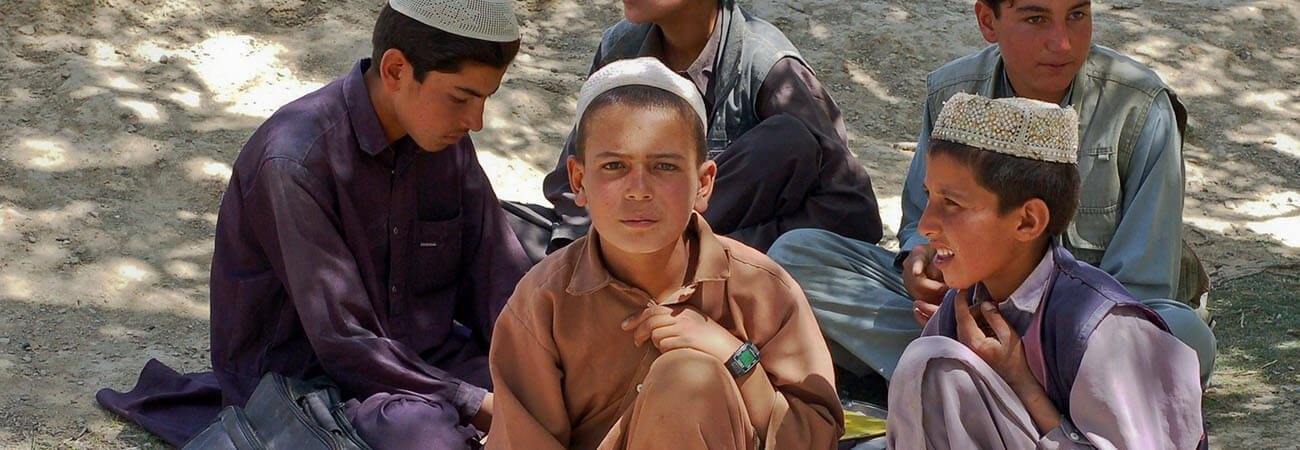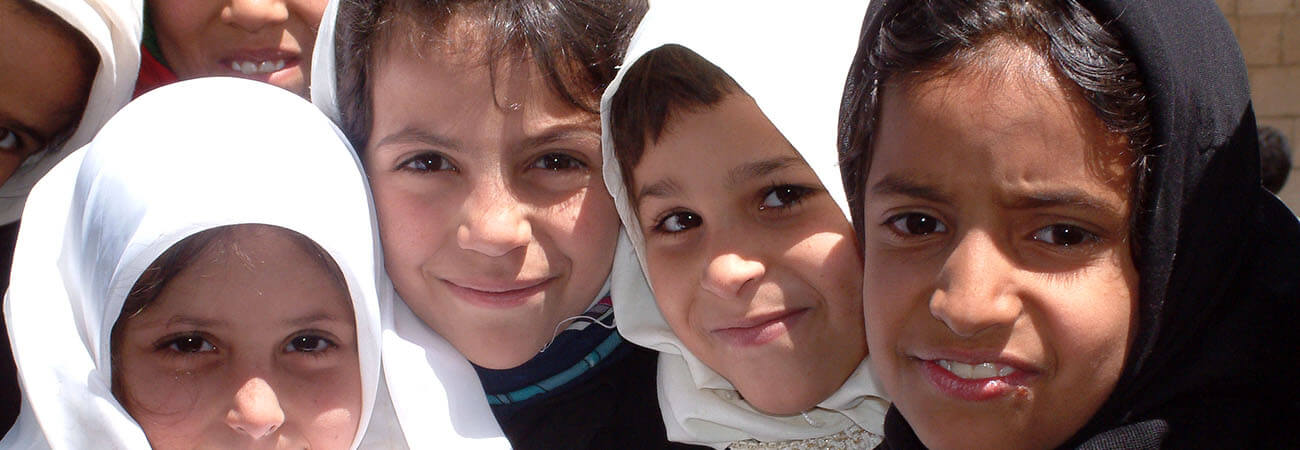The Afar
The Afar live in a large lowland triangle within Eritrea, Ethiopia and the Republic of Djibouti. This region is one of the hottest, most barren and unproductive areas of the world. Temperatures of 50ºC are not uncommon.
There are up to two million Afars spread out over these three countries. Although some Afars have settled in villages and towns, many continue to lead a semi-nomadic lifestyle, travelling around the desert with their camels, goats and sheep.
Medical work began among the Afars in 1956 on the coast of the Red Sea, at the edge of the desert. For about twenty years a rural development work took place, and rural clinics were held. Recently work has been confined to urban areas. There is a need to expand this work to more rural areas again.
The visible results of over 40 years of evangelism are not impressive. However, if we take the difficulty of the task into account they are nevertheless encouraging: an increasing number of Afars are turning to Christ.
The Arabs
Who is an Arab? There is no agreement on how Arab identity is determined. Arabs are made up of many tribes. An important Arab identity marker is being able to trace one’s ancestry to the tribes of the Arabian Peninsula.
The Arab League consists of countries all across North Africa, the Middle East, and up to Iraq in the east. Not all peoples living in this region are Arab.
Nothing has shaped the Arab’s life and thinking more than Islam. Islam originated in Arabia in the seventh century.
Muhammad, the founder of Islam, succeeded in unifying all the tribes of the Arabian Peninsula. Islam rapidly spread throughout North Africa and into Europe and Asia. As a result, these ‘sons of the desert’ have made a lasting impact on the lives of millions of people, not only Muslims but people from almost every civilization.
Today, most Arabs are Muslim; however, they only make up 20 percent of the world’s Muslim population. About 10 percent of Arabs are Christian. Saudi Arabia sees itself as the custodian of the religion of Islam. Islam’s two most holy sites, Mecca and Medina, are located there.
Arabs have been influenced by the Gospel since New Testament times. Nevertheless, there are many Arab tribes and sub tribes that are unreached by the Gospel.
The Beja
There are between two and two and a half million Beja. They live primarily in north-eastern Sudan but also spill over into Eritrea and Egypt. Port Sudan on the Red Sea coast is their main city.
For more than four thousand years the Beja have roamed the hot and dry Nubian desert and the bleak Red Sea Hills in search of pasture for their herds of camels, cattle, sheep and goats. It is a harsh place in which to live.
The Beja people keep to themselves and don’t make friends easily with strangers. They are not Arabs and their origin is uncertain.
All Beja are Muslims and have been since the thirteenth century. Very few of them fully understand Islam or pray and fast as Islam requires. They do, however, practice folk Islam, blending Islam with their traditional beliefs, which include magic and witchcraft.
Beja life is centred around social gatherings at which they celebrate their loves, ideals and battles in songs and poetry. Coffee drinking has become an obligatory ritual at all these gatherings. This coffee is sometimes spiced with pepper!
Only a few Beja have ever become Christians.
The Somalis
There are probably between eight and nine million Somalis in Somalia and Somaliland, while many others live in the neighbouring countries of Ethiopia, Djibouti and Kenya.
Somali refugees are found in the Arabian Peninsula, the Gulf, Western Europe, North America and New Zealand.
Some Somalis are semi-nomadic pastoralists, who take care of their camels, cattle, goats and sheep. Others are urbanised.
Ever since the beginning of this century, the Somali people have continuously extended their territory. Today, they are settled all around the Horn of Africa.
Somalis are Muslims who, along with their expansion, also spread Islam. About 500 years ago, a fanatical leader, Ahmed Gran, led a ‘Holy War’ against the Christians living in the Ethiopian Highlands. His starting point was Harar, which is now near the border between Somaliland and Ethiopia. With its ninety mosques and shrines it is considered one of the holy places in the Islamic world.
Today Somalis living outside their homeland are being reached with the Gospel. Several Christian groups work around the Horn of Africa. Christian radio programmes are broadcast in Somali from the Seychelles.
Before civil war broke out there were several hundred Somali Christians. It is unknown how many there are today.
Take a look at ReachAcross’ mission preparation programme and support services.
Speak to someone in ReachAcross about how we can support your vision and passion





